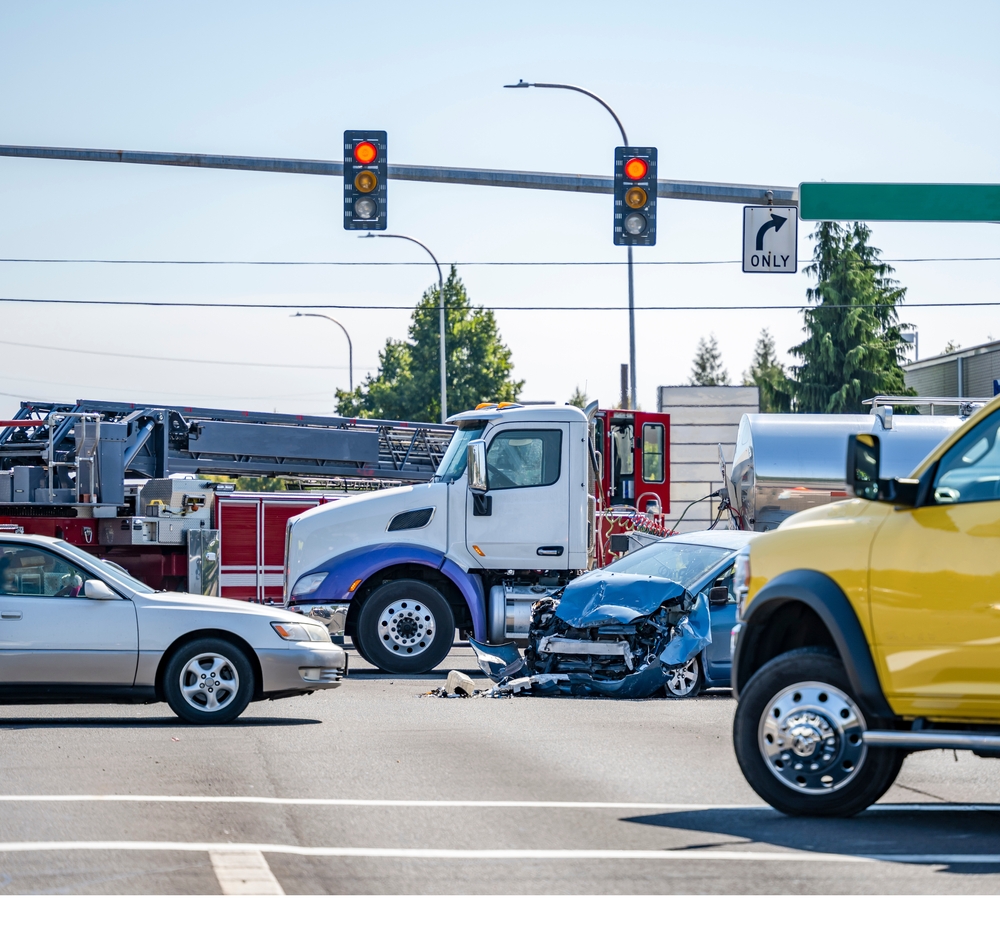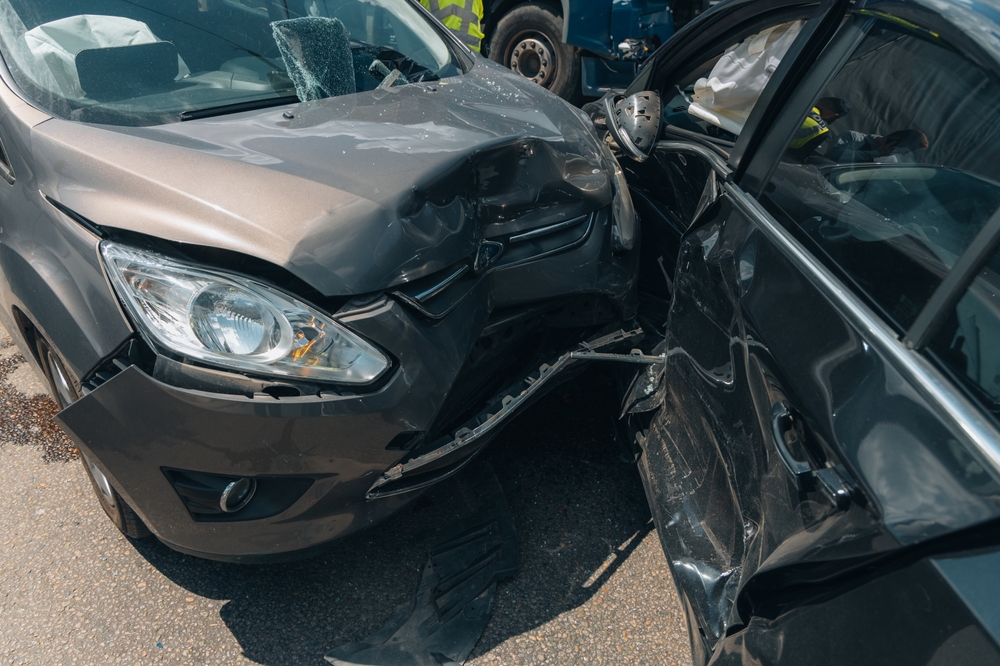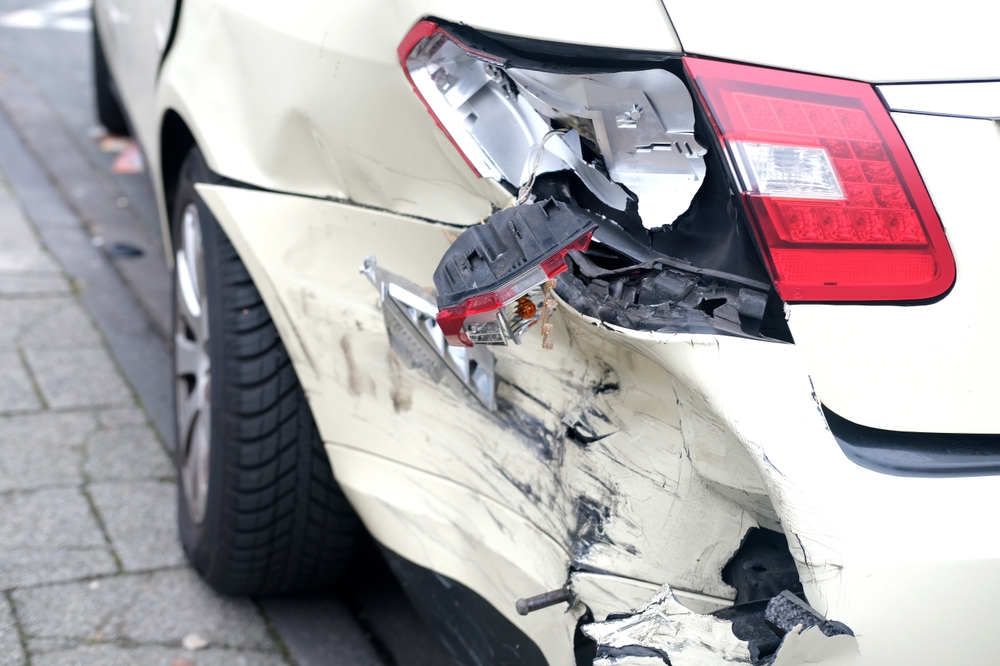
Anyone who has been in a car accident knows how difficult it can be to prove fault. You know the other driver caused the crash, but they do not want to take responsibility. This can be frustrating when you are trying to get the compensation you need to address your injuries and property damage. However, just because the other driver says they are not liable does not mean you must accept their claim.
If you plan to file a lawsuit or pursue a settlement claim, you can benefit from hiring a lawyer with experience proving negligence in Tampa car accident cases. At Hancock Injury Attorneys, our dedicated auto accident lawyers will work with you to navigate the legal system and obtain the compensation you need.
What Are Some Common Negligent Acts That Lead To Car Accidents?
Any risky behavior while driving can lead to an accident. If you can prove that someone else’s carelessness directly caused your auto collision, you may have a valid injury claim. Some common examples of reckless driving in Tampa include:
- Speeding
- Driving while distracted
- Aggressive driving
- Tailgating
- Failing to yield to the right of way
Our skilled attorneys can examine the facts of your case to identify the negligent motorist and prove that they were driving recklessly.
The Legal Presumptions Of Negligence In Tampa
Certain types of car accidents may seem straightforward and easy to determine negligence. For example, in a rear-end collision, the legal presumption is that the driver in the back caused the accident. However, this is not always true.
If the person in front of you on the interstate was traveling 75 miles per hour and stopped unexpectedly, resulting in a rear-end accident, you may be able to escape liability. To successfully argue that you are not responsible in this scenario, you need a seasoned lawyer with strong evidence and knowledge of the applicable law.
Another situation that may avoid the legal presumption of fault is if someone suffered from an unexpected medical emergency at the time of the crash. If you had a heart attack while behind the wheel, you might avoid liability for a back-end collision.
How Does Comparative Fault Work In Tampa?

Florida follows a modified comparative fault law regarding personal injury cases. This means that if you are partially responsible for the car accident that caused your losses, the court can reduce the amount of compensation you receive. For example, if you are found to be 20 percent at fault, you may only receive 80 percent of the possible damages award.
However, in Florida, you cannot bring an injury claim if you are more than 50 percent responsible for the accident. You are legally barred from receiving compensation. A few states bar plaintiffs from recovering damages if they are even one percent at fault. In Tampa, you will not be barred from bringing a claim against a negligent driver or third party unless you bear 51 percent or more responsibility for the accident.
What Factors Are Needed In A Negligence Claim?
To claim that another party was negligent in an accident, four elements must be proven—duty of care, breach of duty, causation, and damages. We will explain what each of these means as it may relate to your case:
- Duty of Care—This legal phrase simply means that every person has a legal obligation to follow a reasonable standard of care and avoid acts that would cause harm to others. When it comes to drivers, this means operating the vehicle in a safe manner: not speeding, driving safely, and following the rules of the road.
- Breach of Duty—Related to the phrase above, this means that a person failed to follow their duty of care and acted in a manner that could harm others. In law, the “reasonable person” standard is often used: what would any reasonable person have done, or how would they have acted in that situation? If the at-fault party did not act in a reasonable way or violated traffic laws, they are negligent.
- Causation—Causation is the next element after breach of duty. After determining the at-fault driver was negligent, the next question is whether that negligence caused the accident, injuries, or other damages? The causation can either be "cause-in-fact," meaning that the breach of duty was the direct cause of the accident, such as a driver running a red light and hitting someone. Or, the negligence could be a "proximate cause," meaning that the breach of duty was an indirect cause of the accident, for example, a distracted driver veering off the road and hitting a pole that then falls on another car.
- Damages—Damages are the losses associated with the accident, including injuries, property, lost wages, and more. This includes economic and non-economic damages, which you can read about in depth on our Tampa car accident damages page.
Negotiating Liability With Insurance Companies
Our lawyers have handled numerous car accident claims in Tampa, and we have noticed some common themes in these cases. Most insurance companies look for ways to pay as little money as possible to the insured party. This is true even for your own insurance company.
The insurance companies may attempt to lower the settlement value of car accident claims by invoking the comparative fault law mentioned above. For example, if someone unexpectedly pulls out of a business’s parking lot, causing you to strike the side of their car, that driver’s insurance company will do everything in their power to minimize their insured’s fault.
The company might argue that you should have been paying more attention or driving more slowly. The insurer might state that their client is only 60 percent responsible for the accident, leaving you with an inadequate amount of compensation. In situations such as these, you need a determined lawyer to stand up for your rights.
Attorney Mike Hancock worked for insurance companies early on in his career, so he knows how to handle these types of claims. Do not let an insurance company pressure you into accepting a low settlement when you know the other driver is liable for the car crash. Team up with a skilled attorney to get the compensation you deserve.
Talk To Our Attorneys About Negligence In Tampa Car Accident Cases

Determining negligence in Tampa car accident cases can be challenging, and if you are reading this page, you probably are dealing with all the stress of a car accident in addition to worrying about who might be at fault. The other driver will likely try to put all the blame on you, even if you believe they are responsible for the wreck.
With the help of our dedicated legal team, you can stand up to the other motorist and their insurance company. Let our legal team handle the legal side so you can focus on healing. Contact Hancock Injury Attorneys to schedule a free consultation today. While you focus on healing, let us take care of protecting your legal rights.